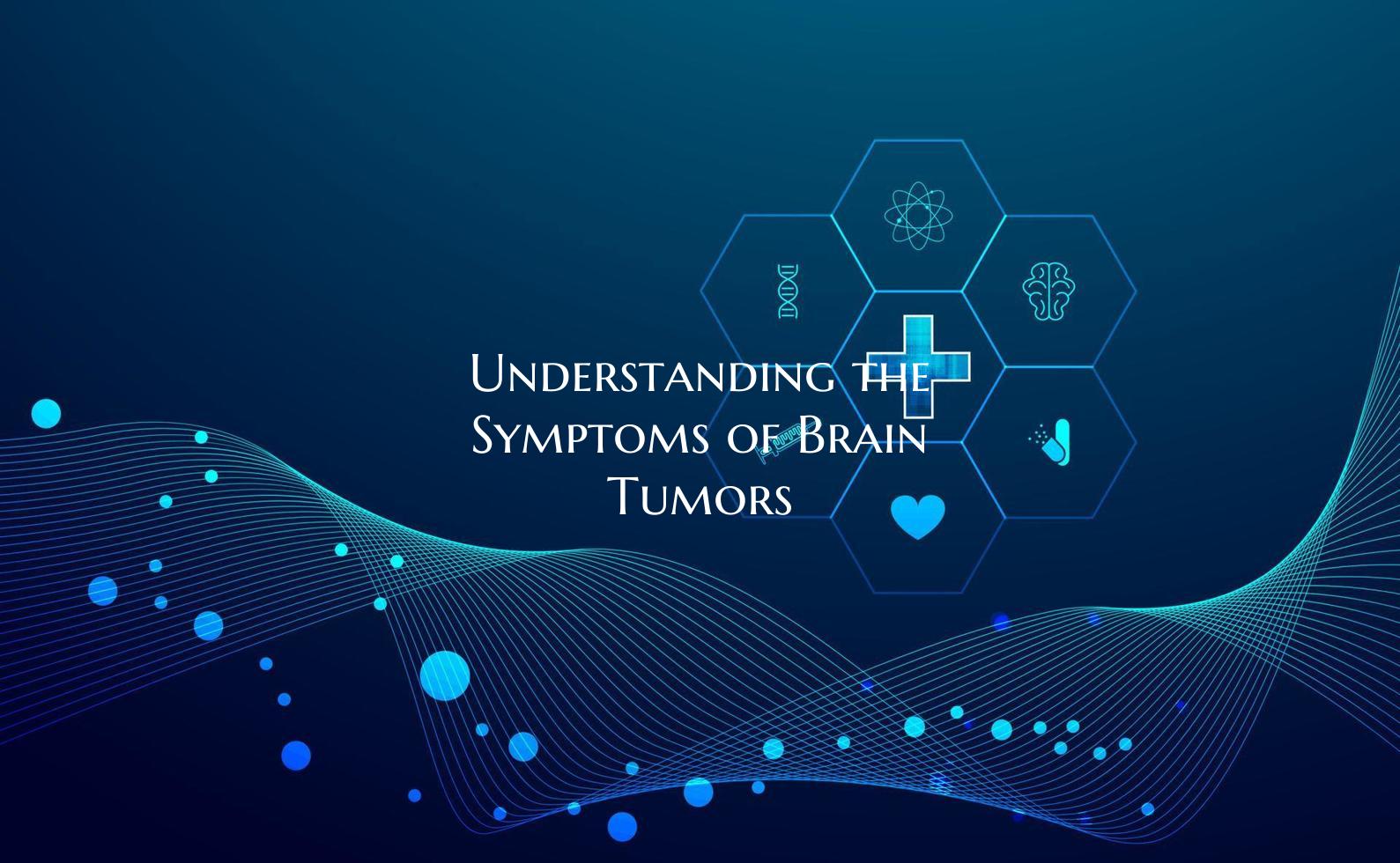
Understanding the Symptoms of Brain Tumors
Overview: Brain tumors can manifest in varying ways, and understanding their symptoms is crucial for early detection and effective treatment. While symptoms may vary depending on the tumor's location and size, being aware of the common signs can aid in seeking timely medical attention. This article delves into the typical symptoms associated with brain tumors, emphasizing the importance of recognizing these indicators for prompt diagnosis and intervention.
Common Symptoms of Brain Tumors:
1. Headaches: Frequent, severe headaches that worsen over time are one of the primary symptoms of brain tumors. These headaches are often persistent and may not be alleviated by usual pain-relief medications. They can be accompanied by other neurological signs, highlighting the need for further evaluation.
2. Cognitive Changes: Brain tumors can impact cognitive functions, leading to memory problems, difficulty concentrating, and changes in judgment. Individuals may experience confusion, forgetfulness, or a decline in mental sharpness, which can interfere with daily activities and work performance.
3. Vision and Hearing Issues: Brain tumors near the optic nerve or auditory pathways can cause vision or hearing problems. Blurred vision, double vision, vision loss, ringing in the ears, or hearing loss may indicate an underlying issue that warrants investigation by a healthcare professional.
4. Seizures: Seizures are a common symptom of brain tumors, especially when the tumor affects the brain's electrical activity. These seizures may present as unusual sensations, involuntary movements, or loss of consciousness. It is essential to consult a doctor if seizures occur for proper diagnosis and management.
5. Motor Skill Impairment: Brain tumors can affect motor skills, leading to weakness, impaired coordination, or difficulty walking. Muscle weakness, tremors, or numbness in specific body parts may indicate nerve involvement due to the tumor's pressure on surrounding tissues.
6. Personality and Behavioral Changes: Changes in personality or behavior, such as mood swings, irritability, or apathy, can signify an underlying brain tumor. These alterations in emotional responses or social interactions may be subtle but significant enough to warrant medical attention for a comprehensive evaluation.
7. Nausea and Vomiting: Increased intracranial pressure caused by a brain tumor can result in nausea and vomiting, particularly in the morning or with changes in position. These symptoms, when associated with other neurological signs, should not be overlooked and require prompt assessment by a healthcare provider.
Conclusion: Recognizing the symptoms of brain tumors is essential for early detection and intervention. While these symptoms can be caused by various conditions, their persistence or worsening should prompt a thorough medical evaluation to rule out serious underlying issues. Timely diagnosis and appropriate treatment can significantly impact the prognosis and overall outcomes for individuals affected by brain tumors. If you or a loved one experience any of the aforementioned symptoms, seek medical attention promptly for further assessment and personalized care.